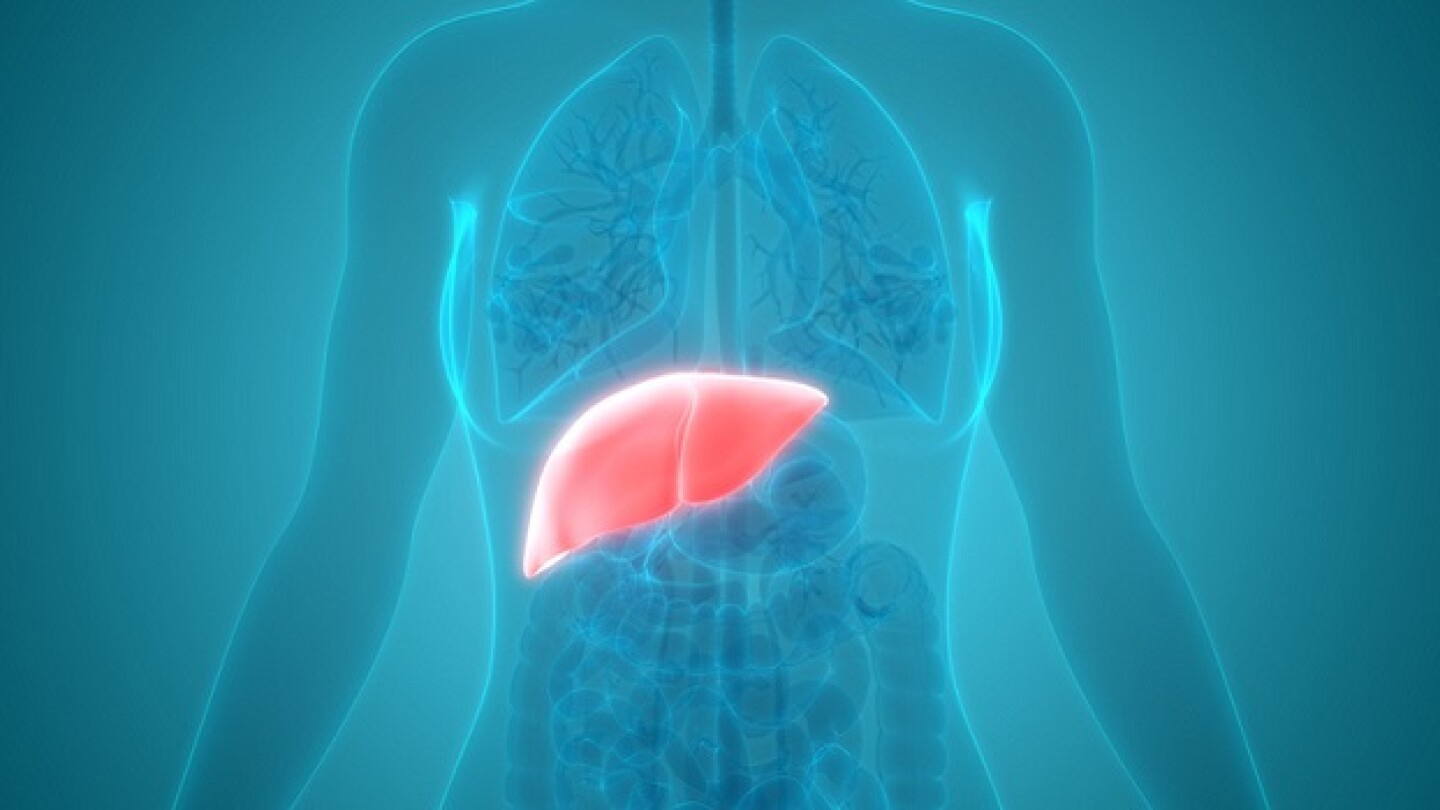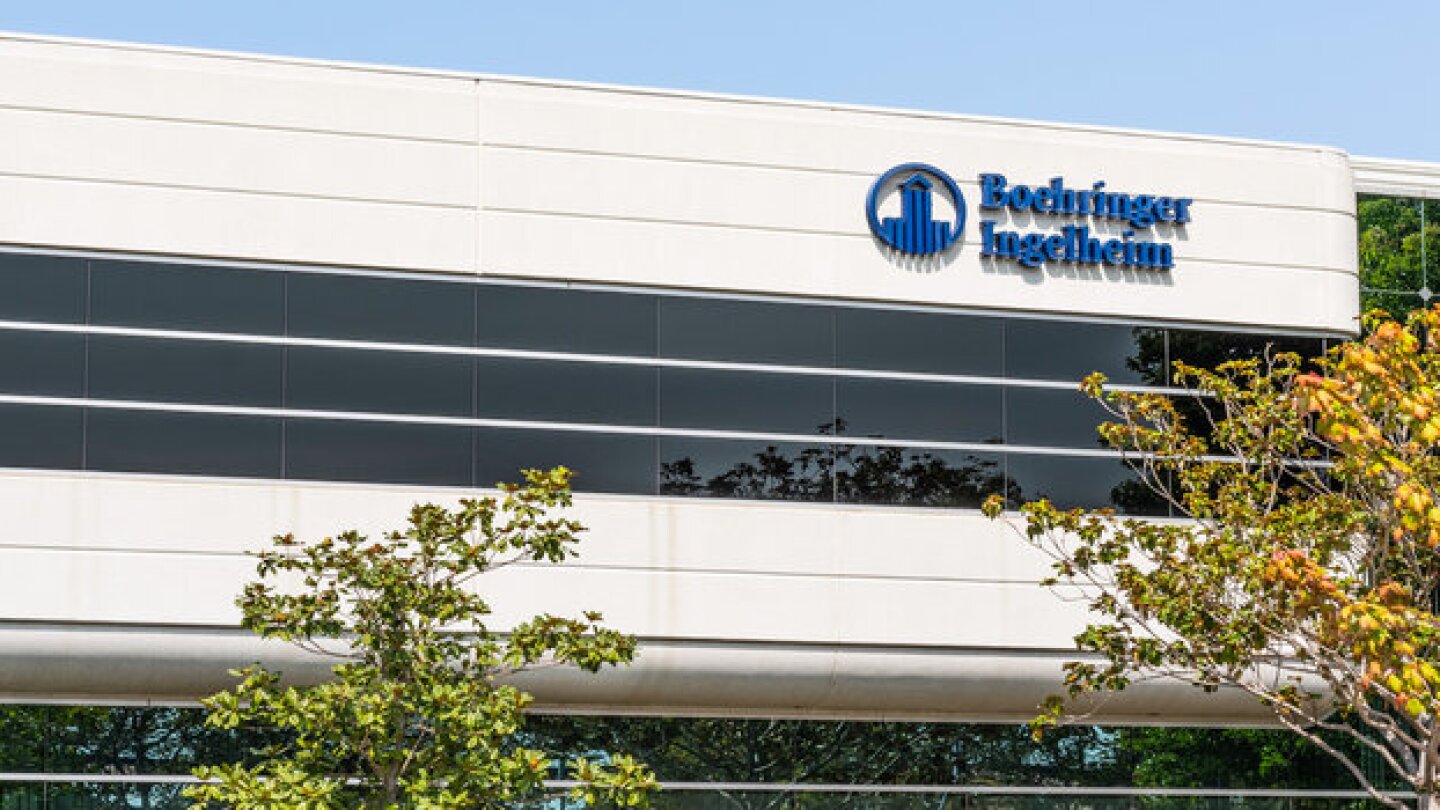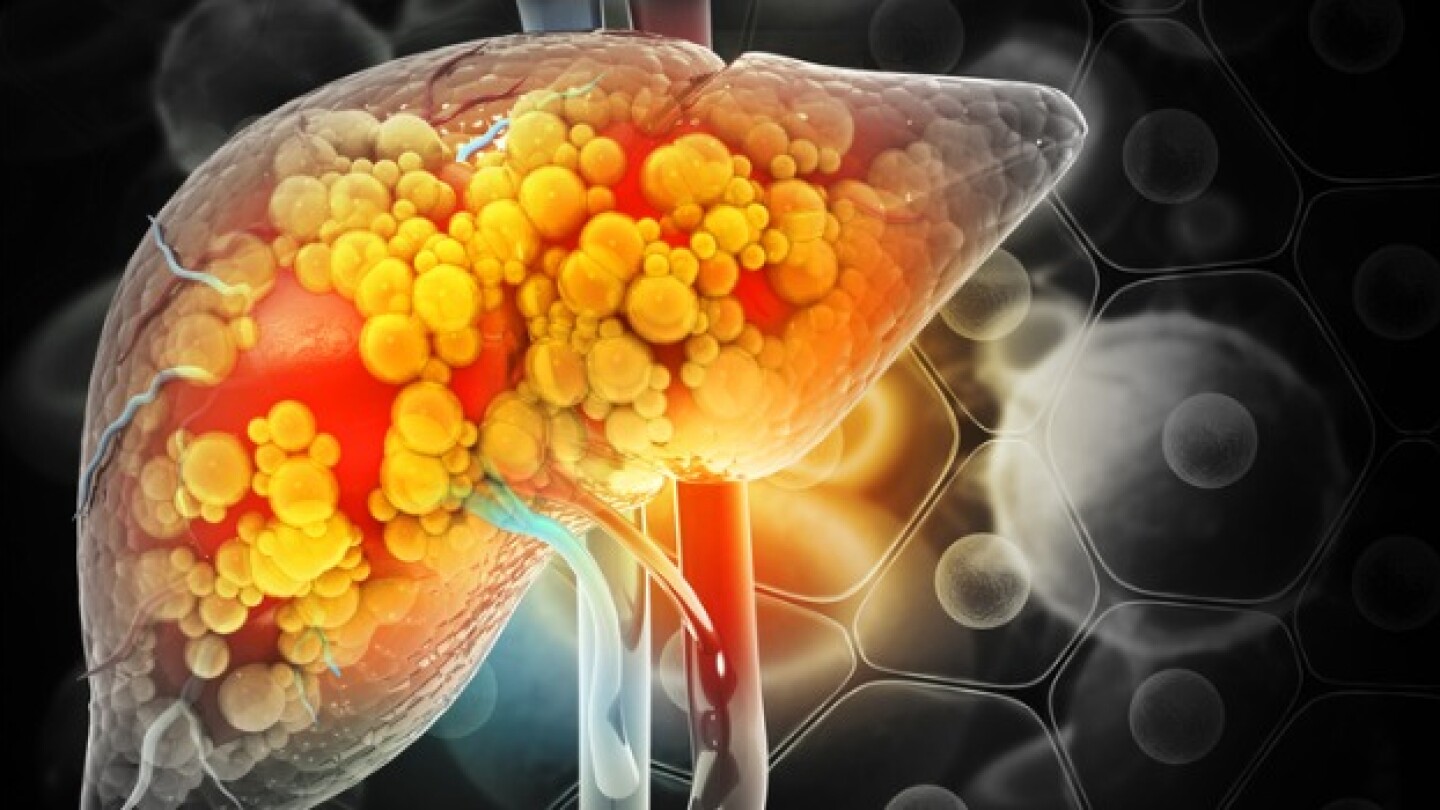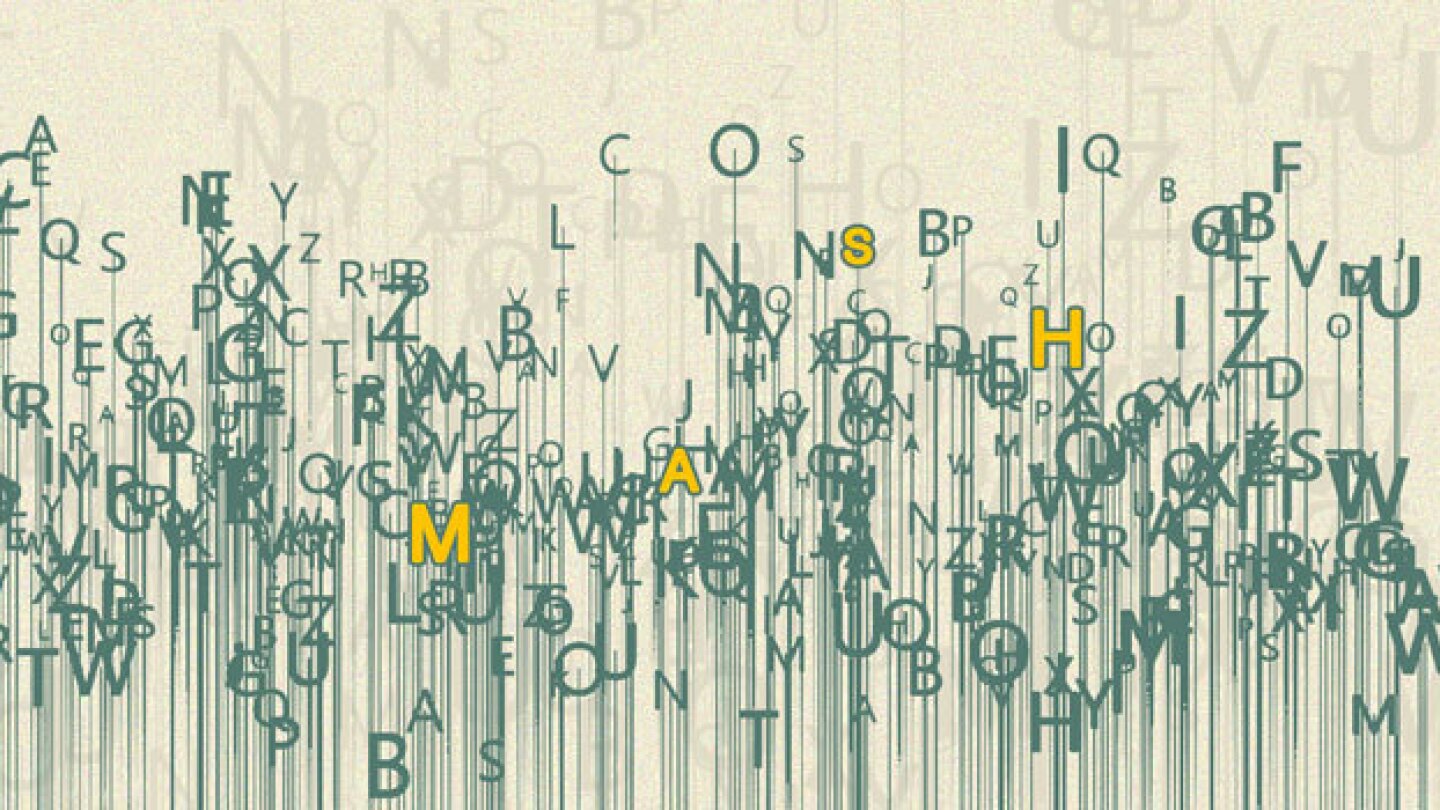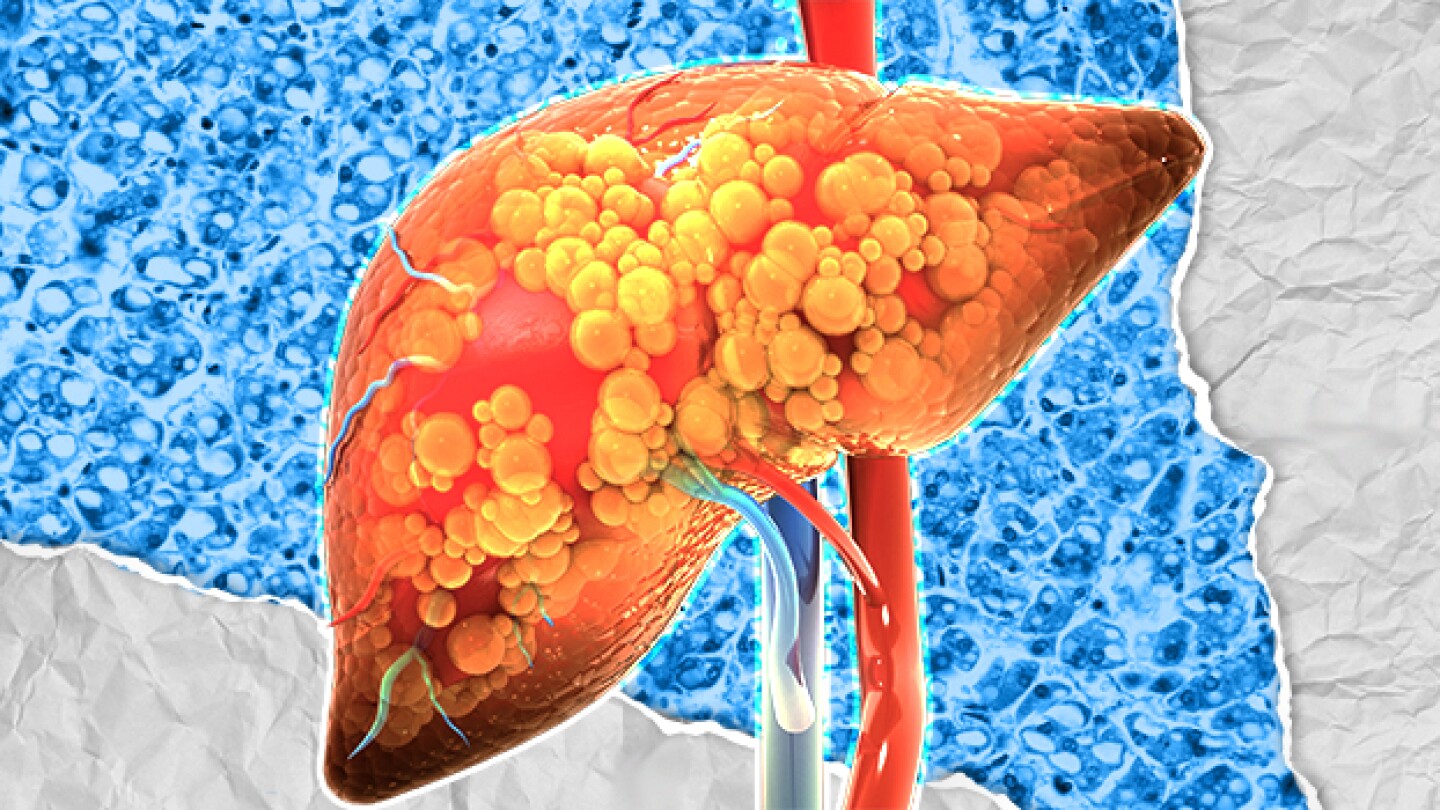NASH
After missing the primary endpoint in the Phase IIb SYMMETRY trial, Akero Therapeutics’ lead molecule, efruxifermin, showed greater improvements after 96 weeks of treatment in an advanced disease population.
The companies announced Friday that their candidate survodutide, which is licensed to Boehringer Ingelheim from Zealand Pharma, improved fibrosis in more than 50% of treated patients with metabolic dysfunction-associated steatohepatitis.
Zealand Pharma said on Thursday that partner Boehringer Ingelheim will present the results from the study on Friday at the European Association of the Study of Liver Congress.
More than 50% of nonalcoholic steatohepatitis patients treated with Eli Lilly’s tirzepatide saw at least a one-stage improvement in fibrosis, according to the pharma’s latest mid-stage readout.
Viking Therapeutics’ nonalcoholic steatohepatitis candidate VK2809 significantly improved secondary histologic endpoints at 52 weeks with no worsening of fibrosis, as assessed by hepatic biopsy.
Boehringer Ingelheim is paying $35 million in upfront and near-term fees to work with Ochre Bio to identify and validate regenerative targets for metabolic dysfunction-associated steatohepatitis and other chronic liver diseases.
The FDA took center stage last week as it approved the first-ever MASH therapy and considered additional approvals for CAR-T therapies, whose safety the agency has been investigating since last year.
If you’re confused by the NASH versus MASH indication, you’re not alone.
Madrigal Pharmaceuticals’ Rezdiffra (resmetirom) is the first-ever approved therapy for metabolic dysfunction-associated steatohepatitis—a decision experts say could signal a sea change in treatment of the disease.
The biotech announced Wednesday that patients on ION224 had histologic improvement in the liver disease without worsening of fibrosis. Ionis’ mid-stage win comes as the FDA is set to decide whether to approve rival Madrigal’s resmetirom by Thursday.
PRESS RELEASES

